FTC's Appeal: Future Of Microsoft-Activision Merger Uncertain
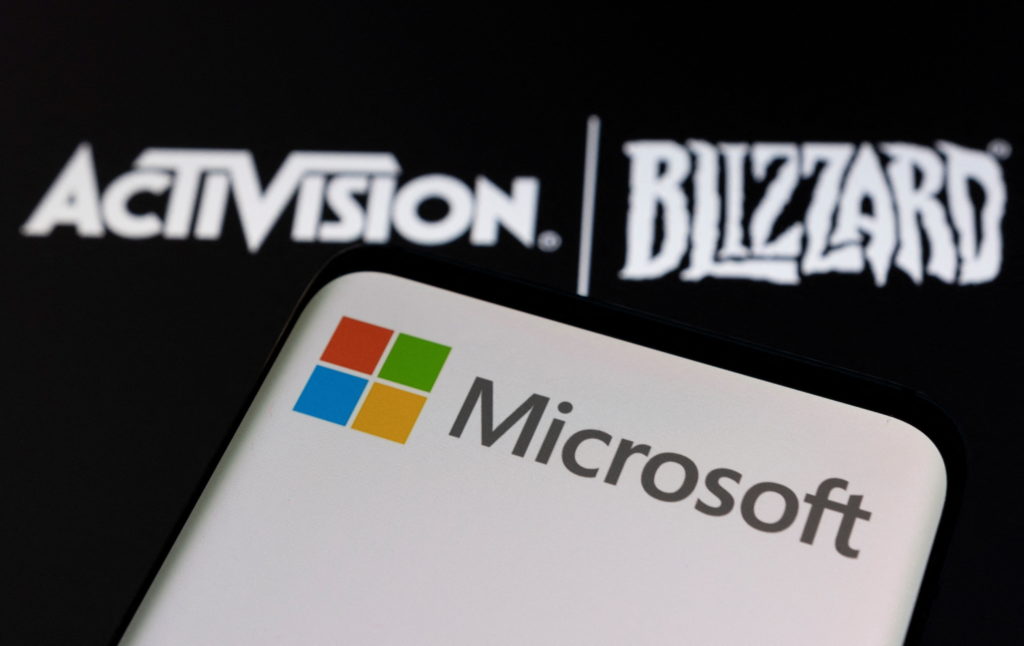
Table of Contents
FTC's Key Arguments Against the Merger
The FTC's core concern revolves around the potential for reduced competition within the gaming market, particularly concerning the immensely popular Call of Duty franchise. The commission argues that Microsoft's acquisition of Activision Blizzard, and therefore control over Call of Duty, would allow Microsoft to engage in anti-competitive practices. This fear stems from the potential for Microsoft to leverage its ownership to stifle competition, potentially harming consumers.
- Reduced competition among console manufacturers: The FTC believes that by controlling Call of Duty, Microsoft could make it exclusive to its Xbox ecosystem, disadvantaging Sony's PlayStation and other competitors. This could lead to a less diverse and innovative market.
- Potential harm to consumers through higher prices or less innovation: With less competition, the argument goes, Microsoft could increase prices for games or reduce the rate of innovation. The lack of competitive pressure would eliminate the incentives to improve or offer competitive pricing.
- Loss of choice in gaming subscription services: The FTC worries that Microsoft could limit Call of Duty access to its own subscription service, Game Pass, thus reducing consumer choice and forcing gamers to subscribe to a specific platform.
The FTC's official statement emphasized these concerns, highlighting the potential for significant long-term damage to the competitive landscape of the gaming industry.
Microsoft's Defense and Counterarguments
Microsoft has vigorously defended the merger, arguing that it will actually benefit gamers and increase competition. Their strategy rests on several key points:
- Commitment to keeping Call of Duty multiplatform: Microsoft has repeatedly pledged to continue releasing Call of Duty on PlayStation and other platforms, even after the acquisition. They have offered long-term contracts to Sony to ensure Call of Duty remains available.
- Investment in game development and innovation: Microsoft maintains that the merger will lead to increased investment in game development, resulting in more innovative and high-quality games for players across all platforms.
- Expansion of gaming access to a wider audience: Microsoft points to the potential for bringing Activision Blizzard's games to more gamers through services like Xbox Cloud Gaming, increasing accessibility to a broader audience.
Microsoft's official statements have consistently emphasized these commitments, aiming to demonstrate that the merger is pro-competitive and beneficial for the gaming community.
The Judge's Ruling and the Appeal Process
Initially, a judge ruled against the FTC's attempt to block the merger, highlighting the weakness of the FTC's case and the evidence provided by Microsoft. However, the FTC appealed this decision, initiating a complex legal process with significant implications.
- Legal precedents involved: The appeal will involve reviewing existing antitrust laws and precedents, potentially setting significant legal standards for future mergers and acquisitions in the tech industry.
- The potential for a settlement: While the appeal proceeds, a settlement between Microsoft and the FTC remains a possibility, potentially altering the conditions of the merger or leading to concessions from Microsoft.
- The impact of the appeal on Microsoft's stock price and investor confidence: The ongoing legal battle has created uncertainty, impacting Microsoft's stock price and investor confidence. A negative outcome could significantly affect the company's valuation.
Potential Outcomes and Impact on the Gaming Industry
Several potential outcomes exist following the FTC's appeal:
- Successful appeal: If the FTC succeeds, the merger could be blocked entirely, leaving the gaming landscape unchanged and potentially setting a precedent for future regulatory scrutiny of large tech acquisitions.
- Failed appeal: If the appeal fails, the merger will proceed, potentially leading to significant changes in the gaming market, including shifts in market share, pricing, and game development strategies.
- Settlement: A negotiated settlement could result in Microsoft making concessions, such as agreeing to extended licensing agreements for Call of Duty, addressing some of the FTC's initial concerns.
Each outcome will have significant implications for the gaming industry, influencing competition, pricing, innovation, and the overall landscape of the industry. The ripple effect could extend to other potential mergers and acquisitions in the tech sector, impacting the future of the industry.
Conclusion: The Uncertain Future of the Microsoft-Activision Merger Post-FTC Appeal
The FTC's appeal has cast a long shadow over the Microsoft-Activision merger, creating significant uncertainty about its future. The arguments presented by both sides highlight the complex issues surrounding antitrust regulation in the rapidly evolving gaming industry. The outcome of this legal battle will have far-reaching consequences, shaping the competitive landscape and impacting game development, pricing, and distribution for years to come. To stay informed about the ongoing developments regarding the Microsoft-Activision deal and the FTC's antitrust case, follow reputable news sources and industry blogs for updates. Understanding the resolution of this case is critical to comprehending the future of the gaming industry, so stay informed about the Microsoft-Activision merger.

Featured Posts
-
 Cubs Game 16 2025 Heroes Goats And Key Moments
May 13, 2025
Cubs Game 16 2025 Heroes Goats And Key Moments
May 13, 2025 -
 Cp Music Productions A Unique Father Son Musical Experience
May 13, 2025
Cp Music Productions A Unique Father Son Musical Experience
May 13, 2025 -
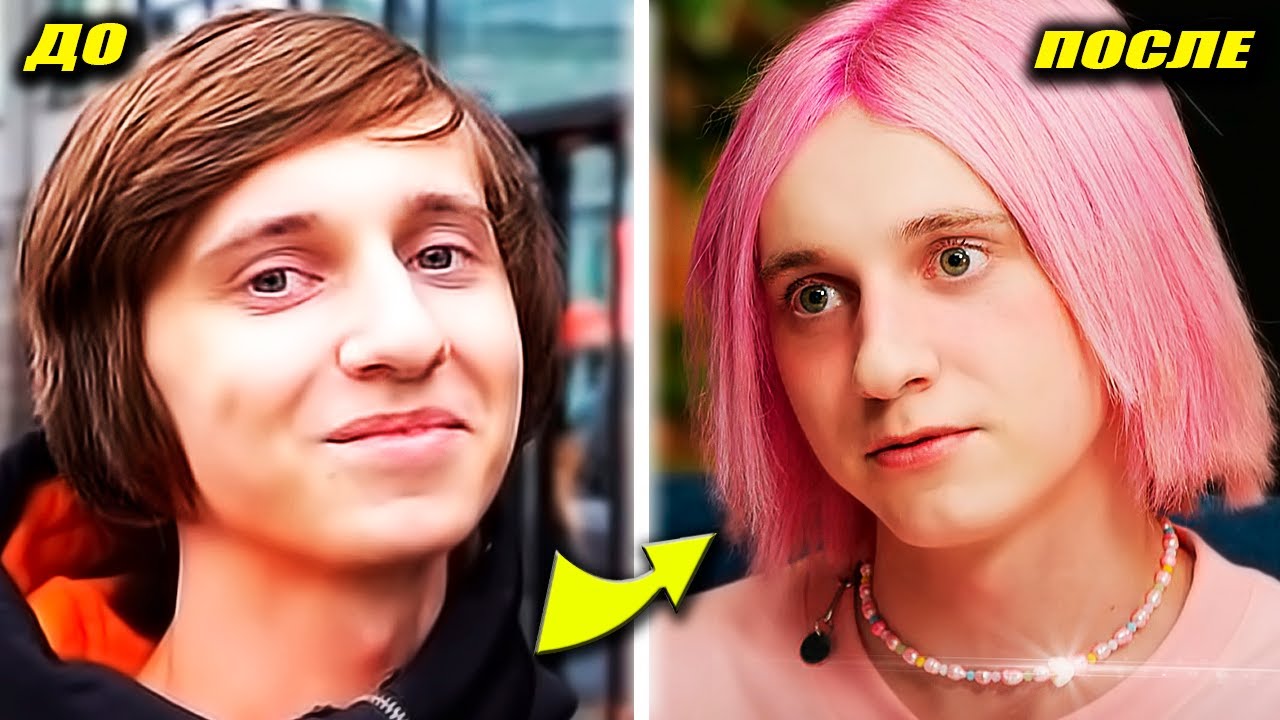 Posle Smeny Grazhdanstva Kasatkina I Kostyuk Vstretilis Na Korte
May 13, 2025
Posle Smeny Grazhdanstva Kasatkina I Kostyuk Vstretilis Na Korte
May 13, 2025 -
 Pertandingan Venezia Atalanta Imbang 0 0 Jay Idzes Tampil 90 Menit
May 13, 2025
Pertandingan Venezia Atalanta Imbang 0 0 Jay Idzes Tampil 90 Menit
May 13, 2025 -
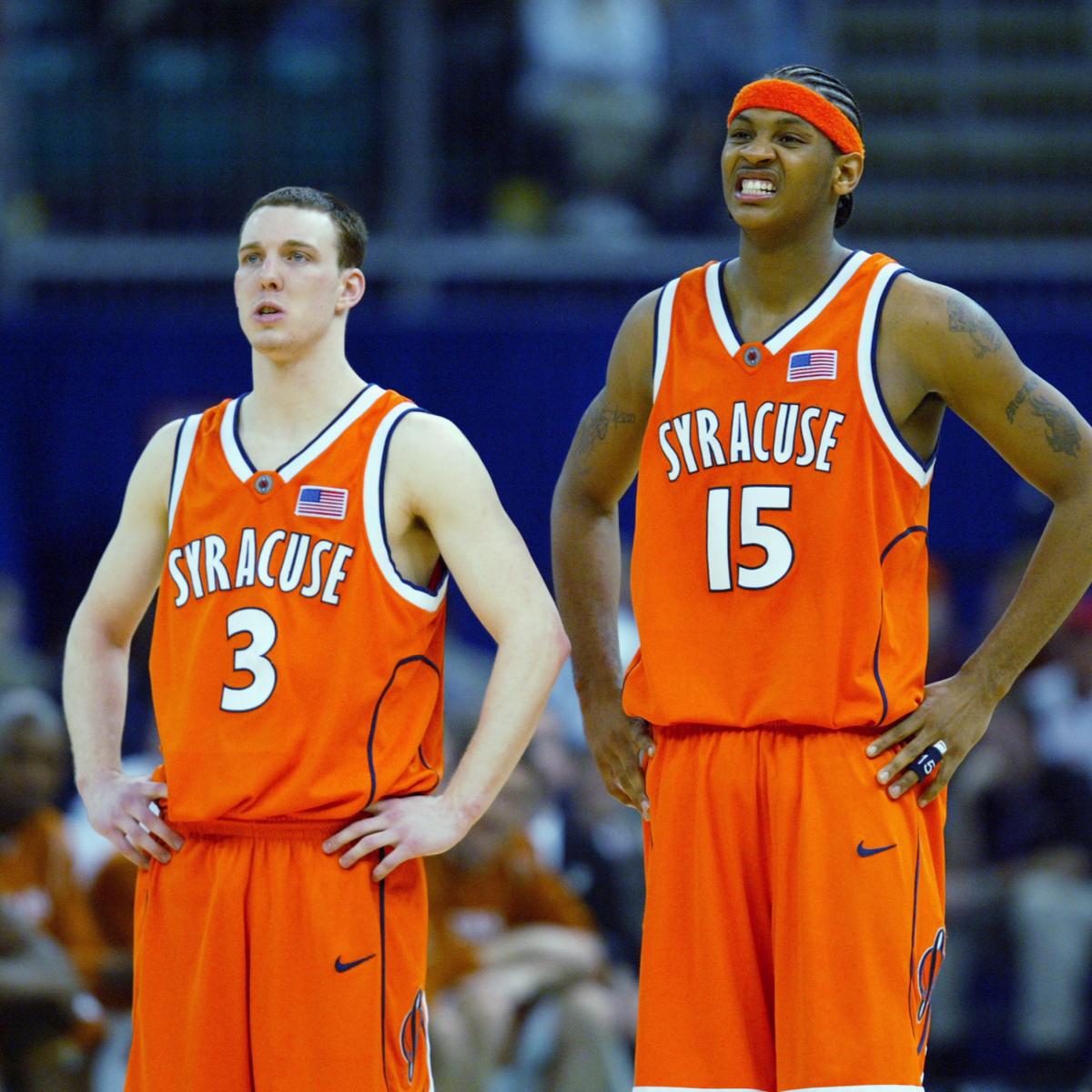 Orange County Scores And Player Stats Thursday February 20th
May 13, 2025
Orange County Scores And Player Stats Thursday February 20th
May 13, 2025
Latest Posts
-
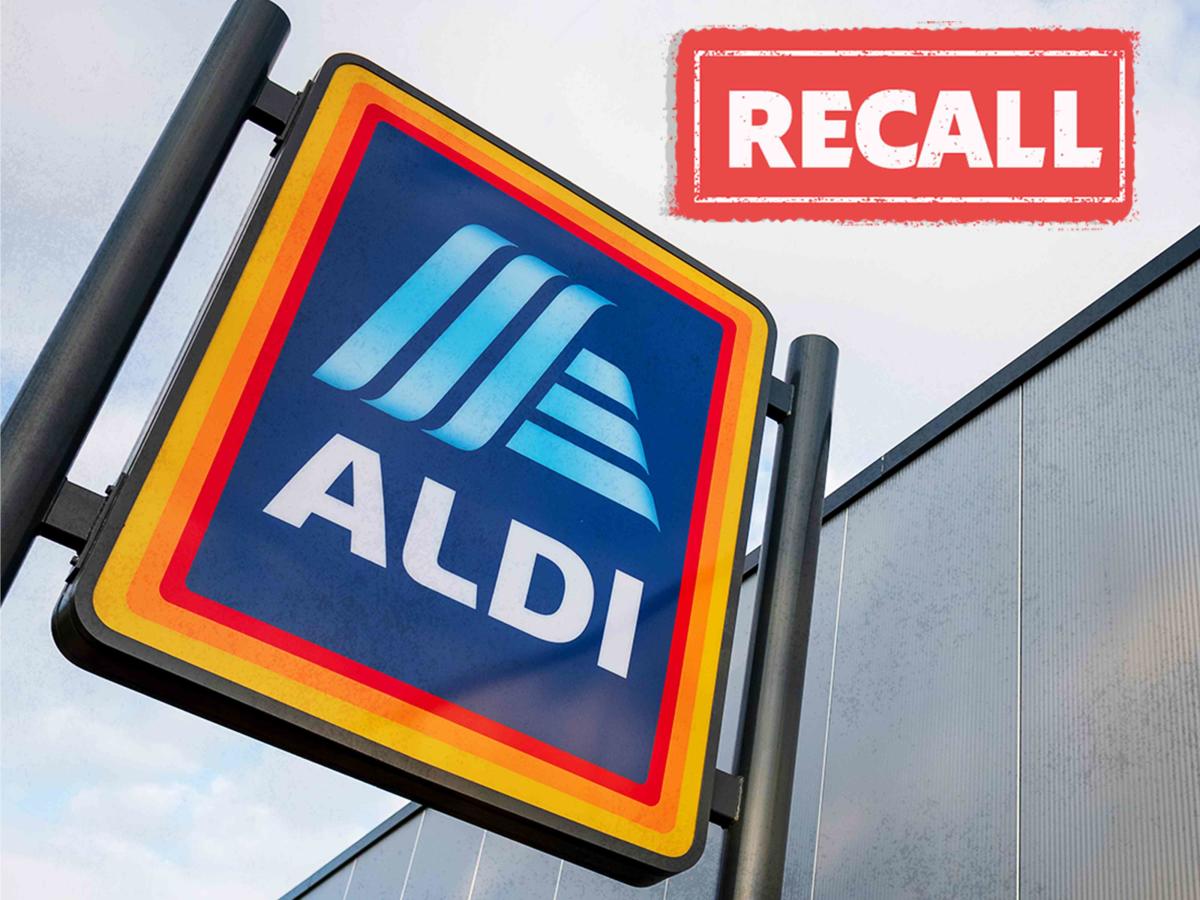 Aldi Recalls Shredded Cheese Due To Steel Contamination Risk
May 14, 2025
Aldi Recalls Shredded Cheese Due To Steel Contamination Risk
May 14, 2025 -
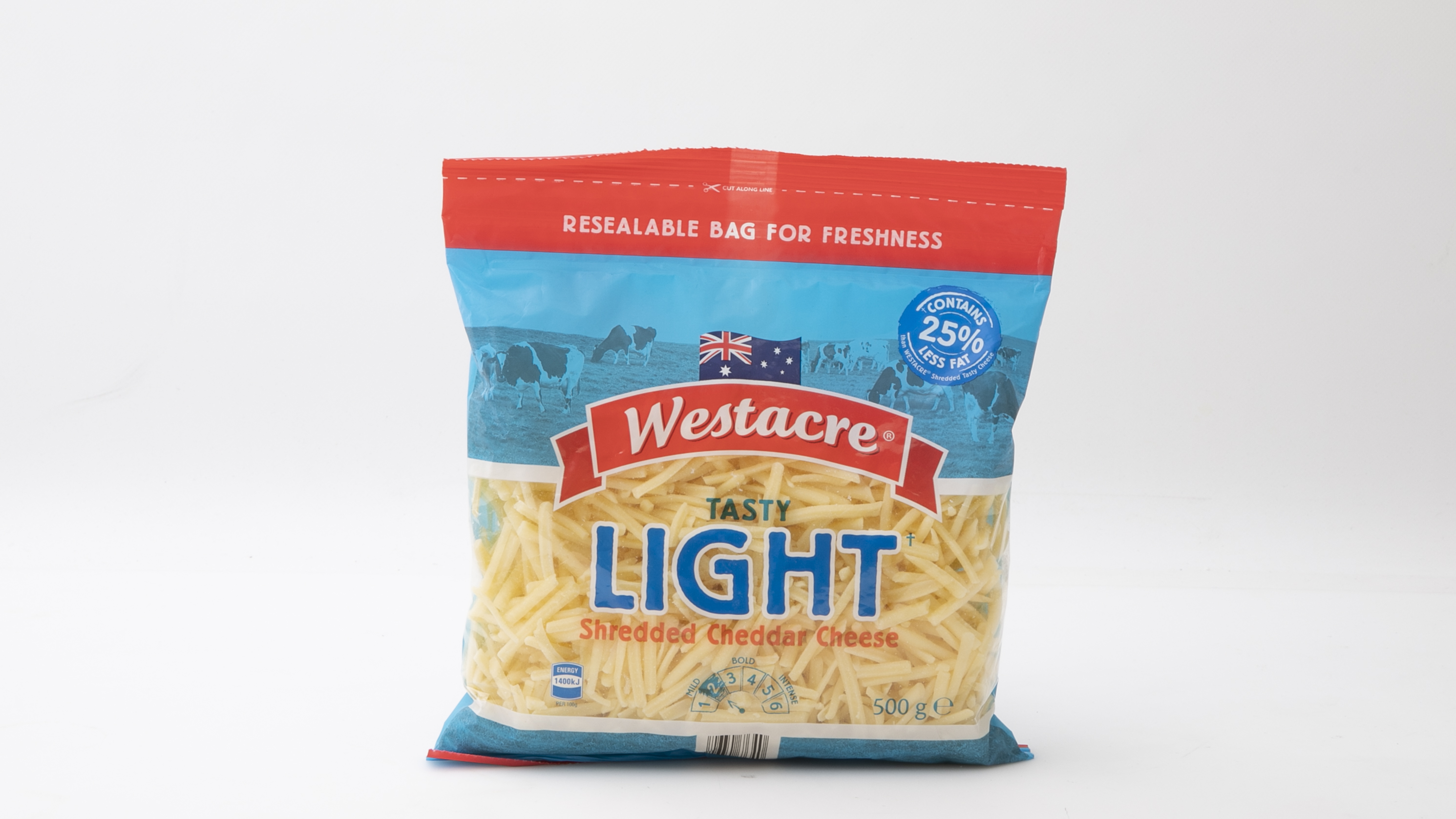 Aldi Cheese Recall Possible Steel Fragments Found In Shredded Cheese Packets
May 14, 2025
Aldi Cheese Recall Possible Steel Fragments Found In Shredded Cheese Packets
May 14, 2025 -
 Recall Alert Walmarts Tortilla Chips And Jewelry Kits Recalled
May 14, 2025
Recall Alert Walmarts Tortilla Chips And Jewelry Kits Recalled
May 14, 2025 -
 Nationwide Recall Walmarts Action On Unsafe Baby Products
May 14, 2025
Nationwide Recall Walmarts Action On Unsafe Baby Products
May 14, 2025 -
 Consumer Alert Walmart Recalls Tortilla Chips And Jewelry Kits
May 14, 2025
Consumer Alert Walmart Recalls Tortilla Chips And Jewelry Kits
May 14, 2025
